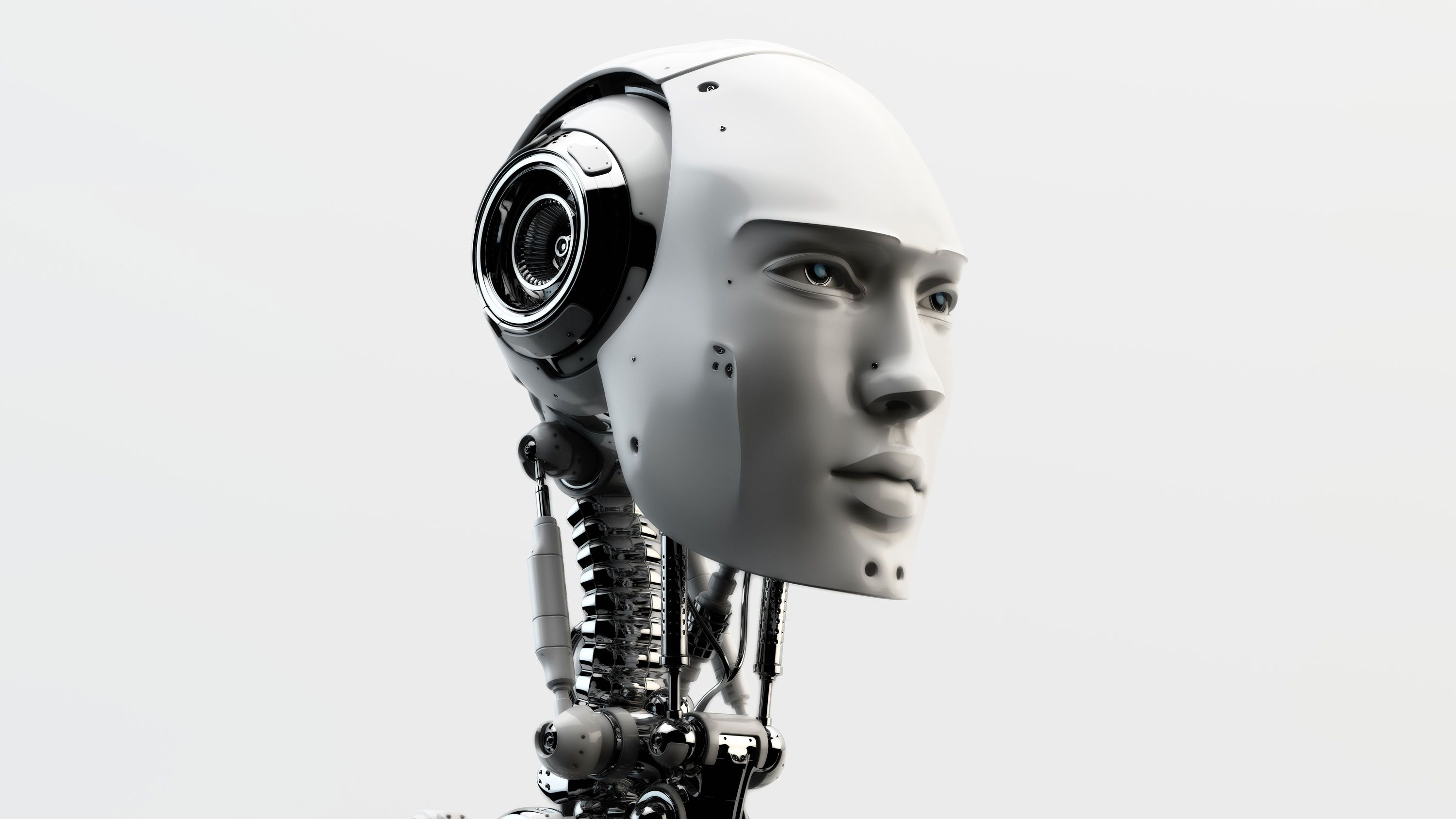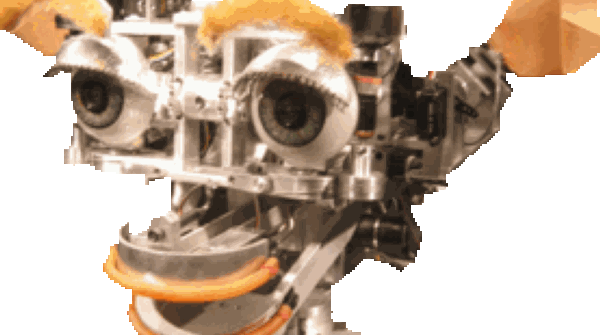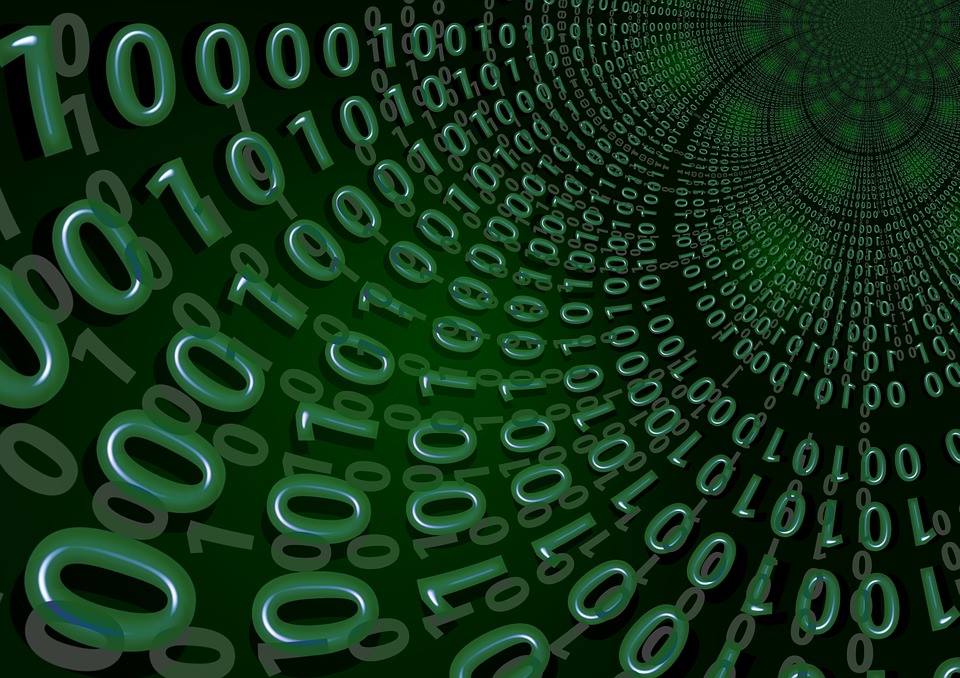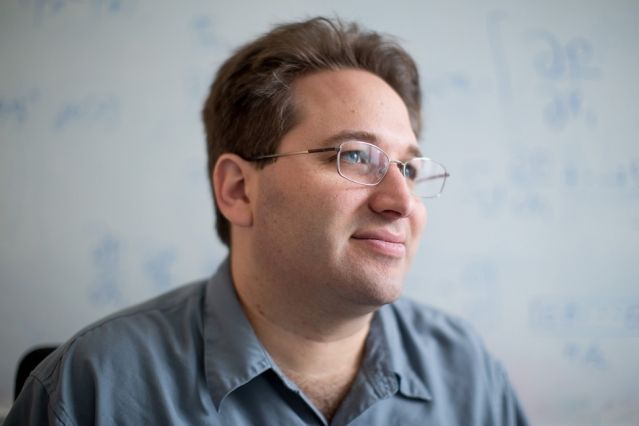Jan 19, 2016
Connecting The Dots to Get the Big Picture with Artificial Intelligence
Posted by Dan Faggella in categories: big data, disruptive technology, economics, information science, machine learning
Ask the average passerby on the street to describe artificial intelligence and you’re apt to get answers like C-3PO and Apple’s Siri. But for those who follow AI developments on a regular basis and swim just below the surface of the broad field , the idea that the foreseeable AI future might be driven more by Big Data rather than big discoveries is probably not a huge surprise. In a recent interview with Data Scientist and Entrepreneur Eyal Amir, we discussed how companies are using AI to connect the dots between data and innovation.

Image credit: Startup Leadership Program Chicago
According to Amir, the ability to make connections between big data together has quietly become a strong force in a number of industries. In advertising for example, companies can now tease apart data to discern the basics of who you are, what you’re doing, and where you’re going, and tailor ads to you based on that information.
“What we need to understand is that, most of the time, the data is not actually available out there in the way we think that it is. So, for example I don’t know if a user is a man or woman. I don’t know what amounts of money she’s making every year. I don’t know where she’s working,” said Eyal. “There are a bunch of pieces of data out there, but they are all suggestive. (But) we can connect the dots and say, ‘she’s likely working in banking based on her contacts and friends.’ It’s big machines that are crunching this.”
Continue reading “Connecting The Dots to Get the Big Picture with Artificial Intelligence” »

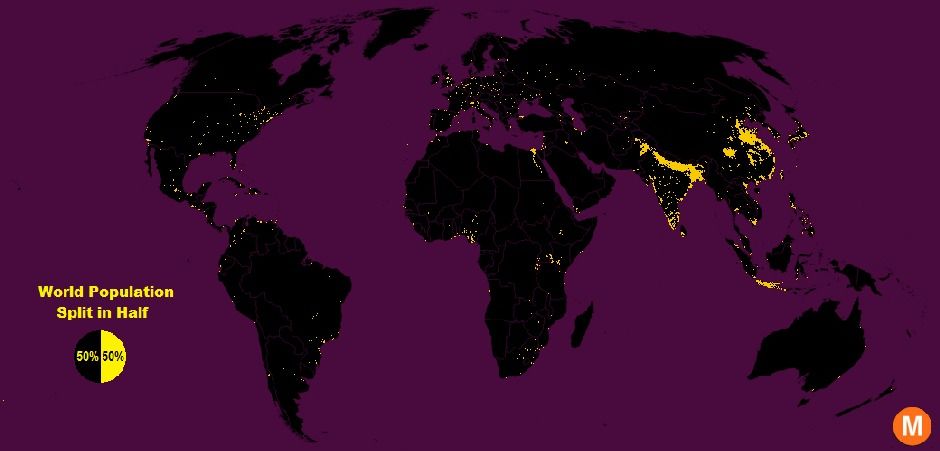
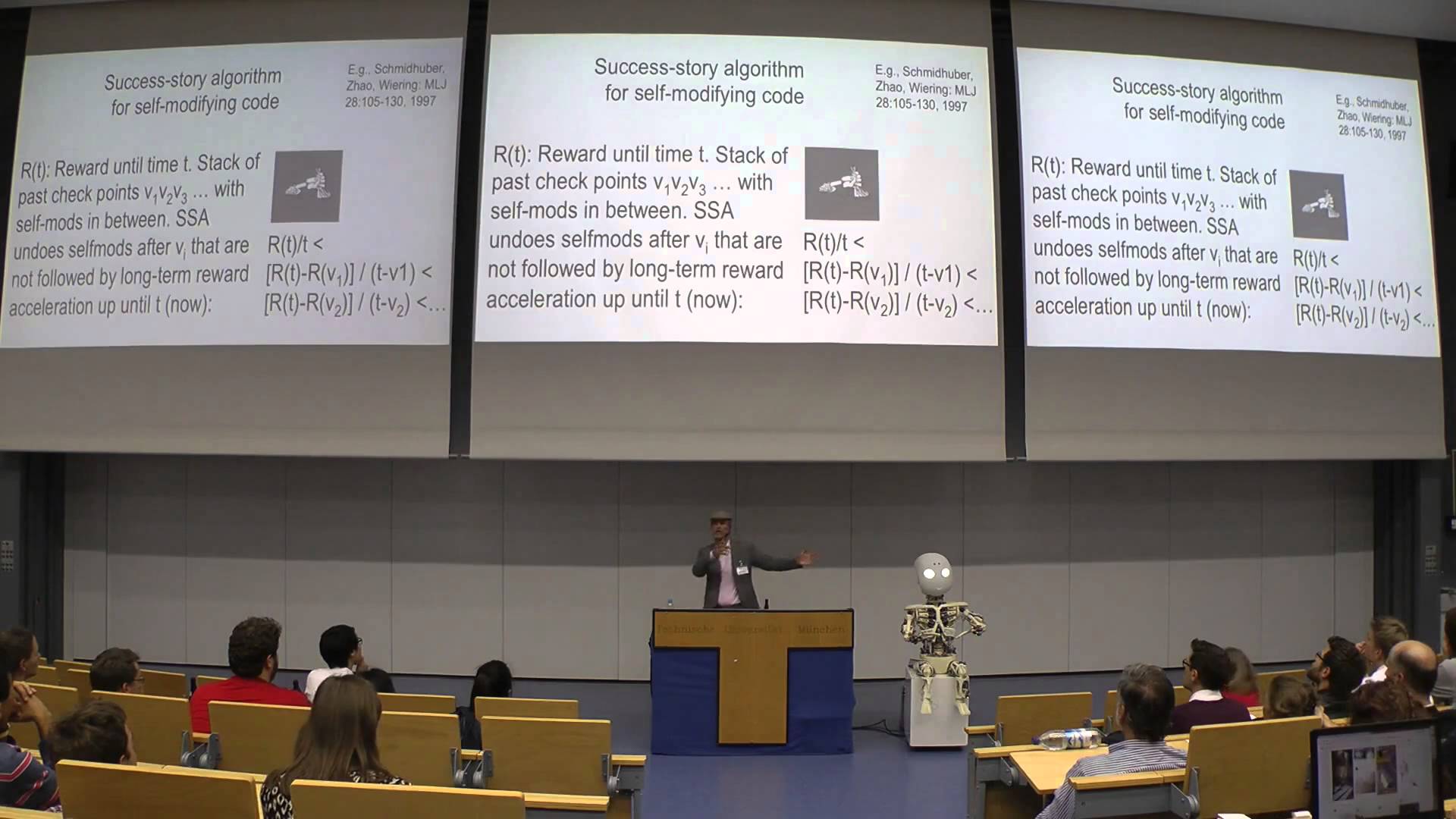
 Deep Learning in Action | A talk by Juergen Schmidhuber, PhD at the Deep Learning in Action talk series in October 2015. He is professor in computer science at the Dalle Molle Institute for Artificial Intelligence Research, part of the University of Applied Sciences and Arts of Southern Switzerland.
Deep Learning in Action | A talk by Juergen Schmidhuber, PhD at the Deep Learning in Action talk series in October 2015. He is professor in computer science at the Dalle Molle Institute for Artificial Intelligence Research, part of the University of Applied Sciences and Arts of Southern Switzerland.
